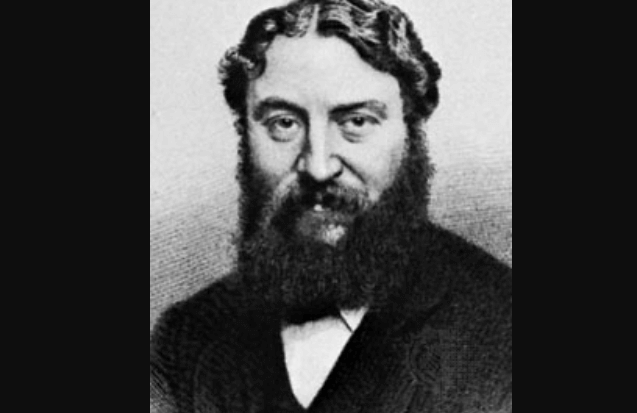Explore the life and enduring legacy of Thomas William Robertson, an English actor and dramatist whose works, including “Caste” and “Society,” left an indelible mark on the English stage. Learn about his journey from a theatrical family to becoming a pioneer in observing societal manners through his plays, influencing a distinct school of theater. Discover Robertson’s impact and follow his evolution in the world of English drama through insightful works such as Pemberton’s “Life and Writings of T. W. Robertson” and Cook’s “Nights at the Play.

Source: wikipedia.org
Thomas William Robertson, born on January 9, 1829, in Newark-on-Trent, England, belonged to a theatrical lineage, initiating his stage career at the tender age of four. His journey encompassed a diverse array of roles, from actor to newspaper writer, from play adapter to dramatist. Despite his multifaceted talents, Robertson struggled to achieve significant success until his breakthrough with “David Garrick,” premiered by E. A. Sothern in 1864. This production secured a lasting position on the English stage, marking a turning point in Robertson’s career.
Subsequently, Robertson’s play “Society” enjoyed an extended and prosperous run, elevating both the Prince of Wales Theatre and the playwright’s fortunes. It was during this period that Robertson penned his most renowned series of works, which included “Ours,” “Caste,” “Play,” “School,” and “M. P.” Among these, “Caste” emerged as his magnum opus and continues to be periodically revived. Robertson’s comedies, characterized by their artificiality and poignant sentimentalism, were nonetheless distinguished by his keen observation of societal norms and lifelike characterizations.
Robertson’s contributions to English drama were seminal, as he established a distinct theatrical tradition that inspired numerous followers. However, in the evolution of English drama, subsequent playwrights employing less artificial methods have supplanted Robertson, rendering his style less prevalent yet still appreciated. His “Principal Dramatic Works,” accompanied by a memoir by his son, were published posthumously in 1889, offering insights into his life and creative process.
For further exploration of Robertson’s life and works, scholars and enthusiasts alike may delve into resources such as Pemberton’s “Life and Writings of T. W. Robertson” (1893), Cook’s “Nights at the Play” (1883), and Clement Scott’s “The Drama of Yesterday and Today” (1899), which provide valuable perspectives on his enduring legacy in English theater.